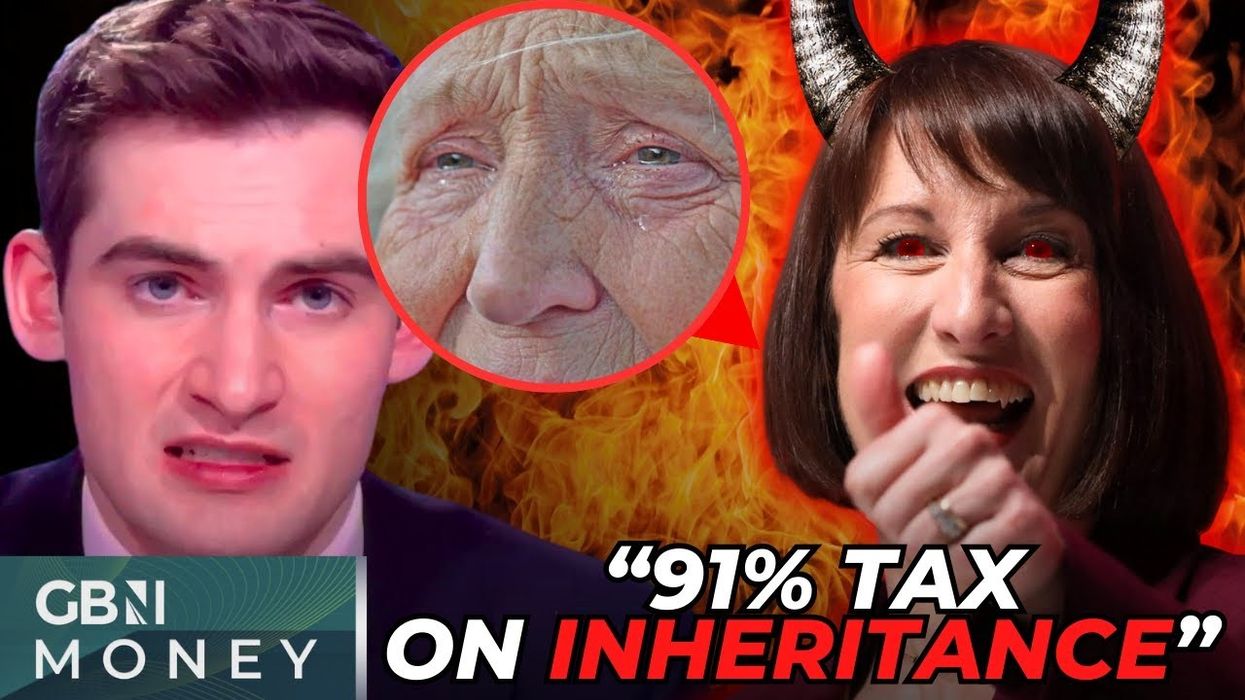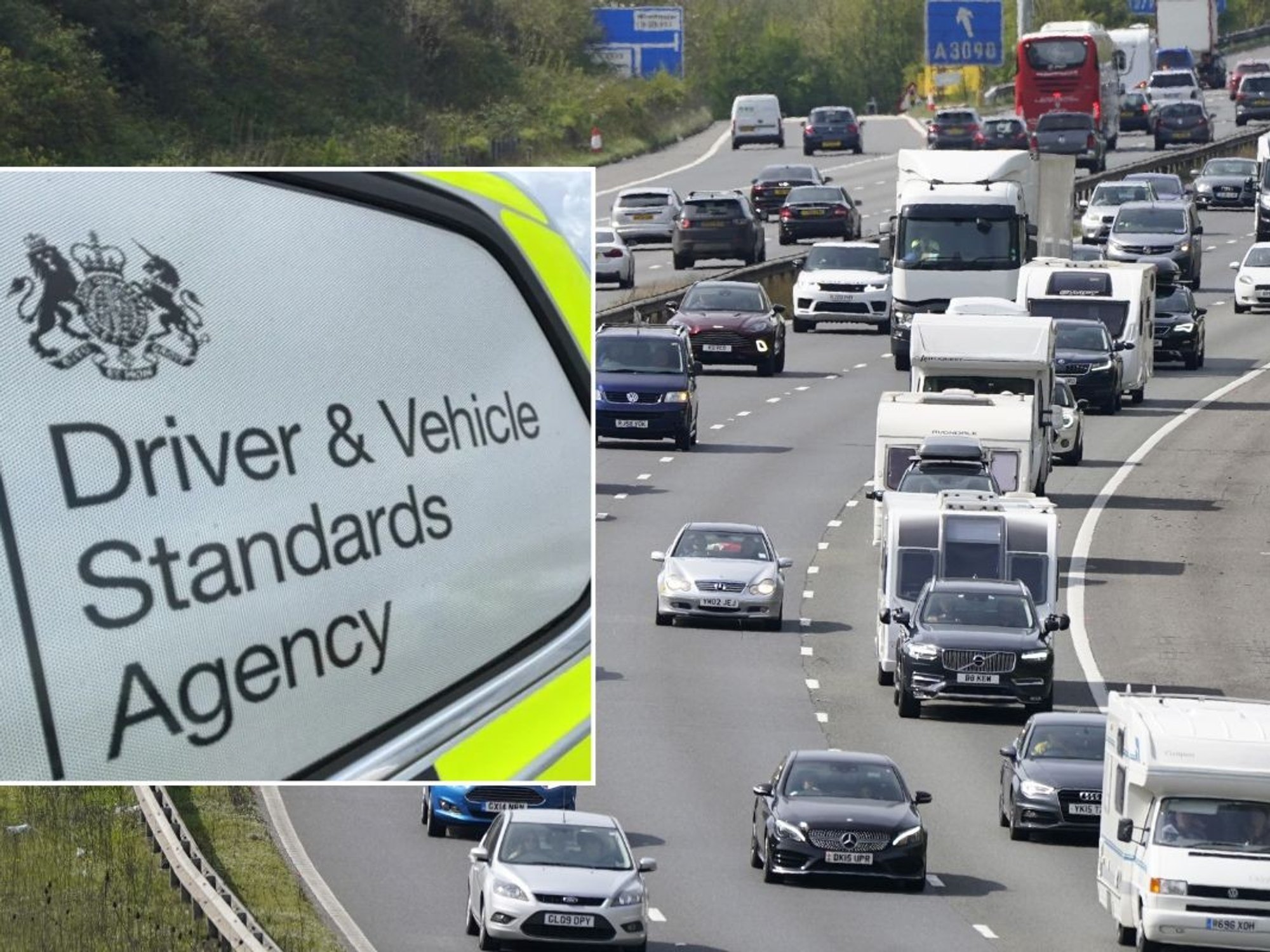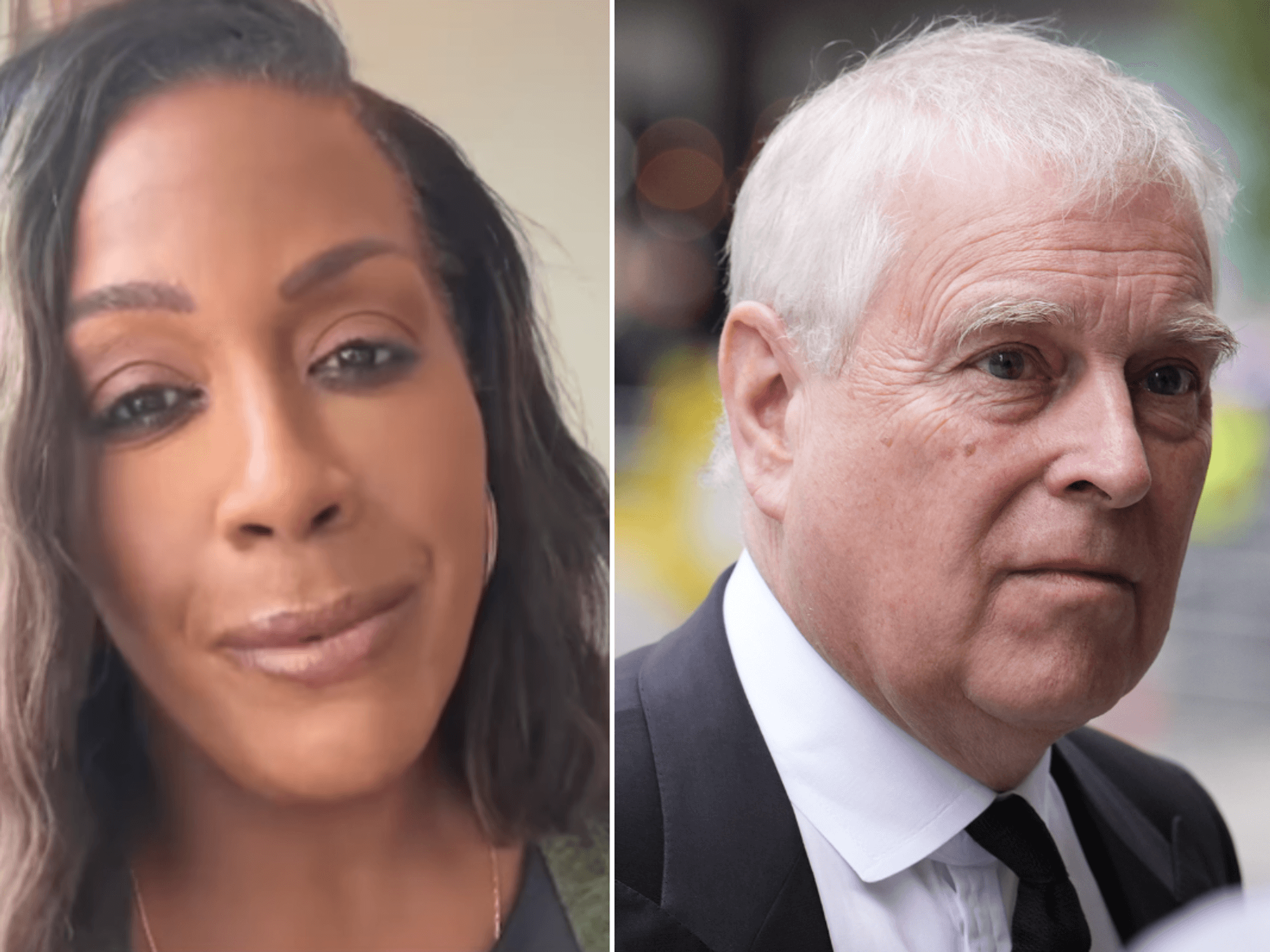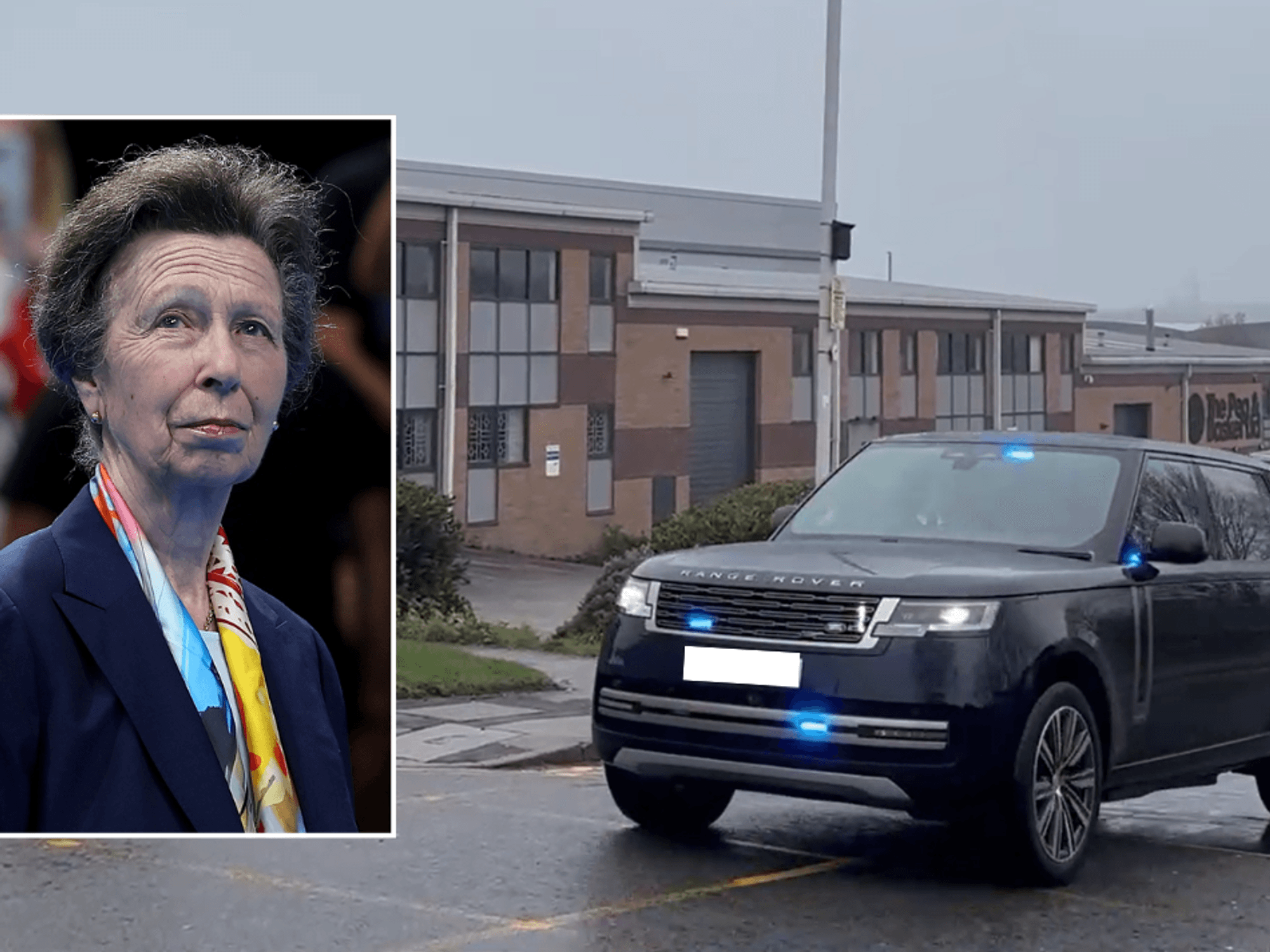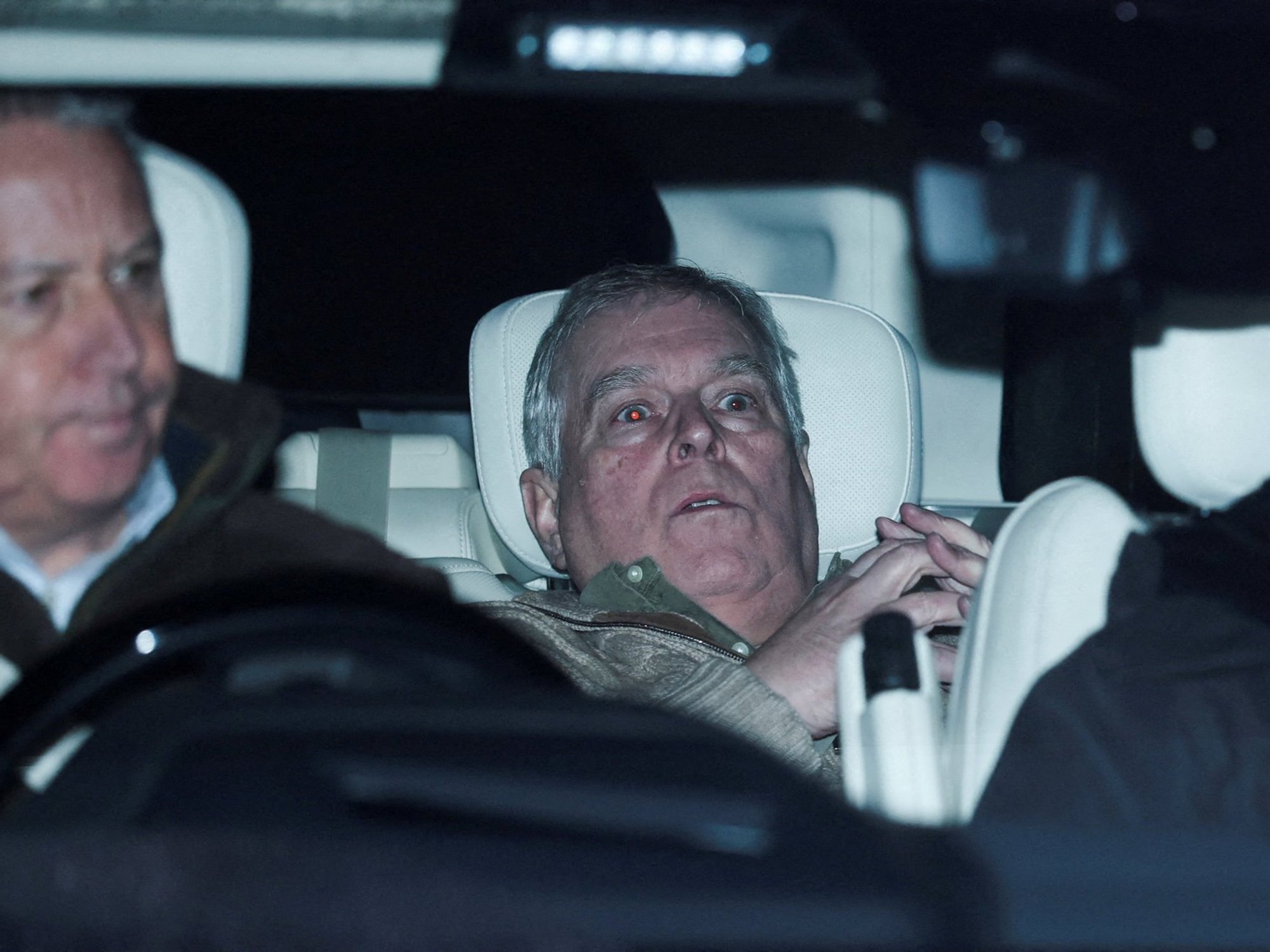Inheritance tax raid on pensions could see Britons pay 91% 'triple whammy' charge

Chancellor Rachel Reeves confirmed that pensions pots will become liable to pay inheritance tax in only a few years time
Don't Miss
Most Read
Latest
Britons are at risk of falling foul of a secret 91 per cent tax grab from Chancellor Rachel Reeves following recent reforms unveiled in her Autumn Budget.
The Chancellor confirmed that inherited pension pots will now be liable to pay inheritance tax (IHT) in two years' time.
Chartered financial planner Pete Matthew, the founder of Meaningful Money, is warning of the "triple whammy" tax raid households are in danger of being hit once the policy change comes into effect from April 6, 2027.
This comes amid the backdrop of farmers revolting against Labour's IHT reforms.
How have inheritance rules for pensions changed?
Last month, the Chancellor confirmed that any unspent pension funds will be part of someone's estate once they die when it comes to calculating inheritance tax.
This is a levy charged at 40 per cent on estates, including money, possessions and property, valued above the £325,000 threshold.
No IHT is paid below this figure or if the deceased leaves everything above the £325,000 threshold to their spouse, civil partner, a charity or a community amateur sports club. Estates can pay the tax at a reduced rate of 36 per cent on some assets if they leave 10 per cent or more of the "net value" to a charitable organisation in their will.
Previously, retirement savings pots were not considered part of someone's estate when it came to inheritance tax purposes but this has changed with Matthew sounding the alarm that more Britons will become liable for the levy than every before.
If someone has money in a drawdown or an uncrystallised pension fund, then the value of that cash will be added to everything else they own.
At this point, the value of their assets will be added and will be subject to 40 per cent tax charge if above the £325,000 threshold.
Do you have a money story you’d like to share? Get in touch by emailing money@gbnews.uk.
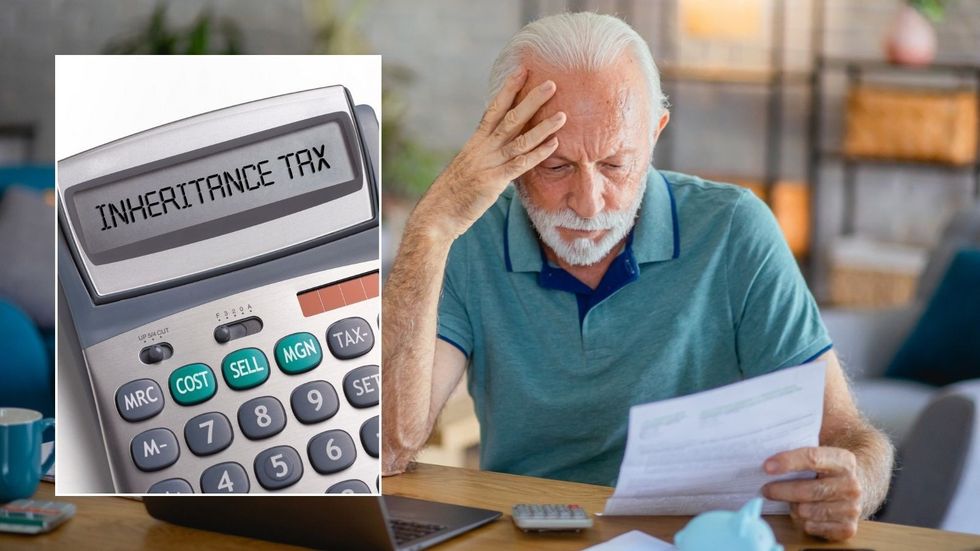
If someone has money in a drawdown or an uncrystallised pension fund, then the value of that cash will be added to everything else they own
|Getty
How will inheritance tax be charged on pensions?
In his latest podcast episode, the Meaningful Money host highlighted that executors will have to work alongside pension schemes "closely and quickly" to ensure that any calculation is done on time to avoid potential interest payments.
Despite inheritance tax being levied, the fate of an individual's pension pot after they pass away has not changed.
If they die before their 75th birthday, their pot is passed to beneficiaries after inheritance tax at 40 per cent. However, they can draw from the fund's balance tax-free for life.
However, if a pension saver passes away after turning 75, they will pay IHT first before any retirement savings are passed to any beneficiaries. There is no tax on transfers to beneficiaries if they retain it as a pension fund, but when they draw it out, there is income tax to pay or what their notional rate is.
On the potential tax charge, Matthew said: "Assuming it is decent sized pension pot and your beneficiaries draw it out on one go, worst case you are looking at 40 per cent IHT and a further 45 per cent income tax charge of what is left. 48 per cent if you are in Scotland. Add all that tax together and you get a notional rate of about 67 per cent."
Are property owners most at risk by the tax raid?
According to the chartered financial planner, beneficiaries face losing around two-thirds of their loved one's pension fund before they get to keep even one third of it. However, this could be even more costly for anyone who own property.
While every person benefits from the £325,000 nil-rate band for inheritance tax, there are other tax-free thresholds some Britons are entitled to.
If someone own their own home and leave it to your direct descendants, there is another residence nil rate band of £175,000.
Combined, this means some people receive an IHT-free allowance of £500,000. However, if the value of your estate is over £2million, their residence nil-rate band is tapered. As of today, it is reduced by £1 for every £2 of your estate over £2m.
Hypothetically, if the value of someone's total estate comes to £2.3m, then their residence nil-rate band is gone, Matthew claims. The tax expert warned that even more people will be impacted by this once pension pots come under the IHT regime.
Do you have a money story you’d like to share? Get in touch by emailing money@gbnews.uk.
LATEST DEVELOPMENTS:
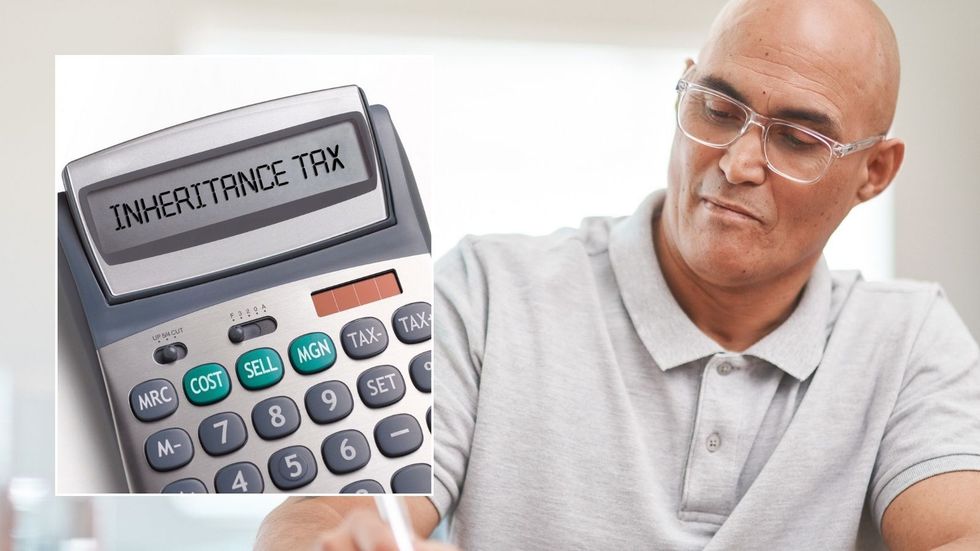 More Britons could find themselves liable to pay inheritance tax under recently announced changes | GETTY
More Britons could find themselves liable to pay inheritance tax under recently announced changes | GETTY Why are Britons at risk of a 91 per cent tax charge?
According to Matthew, anyone who adds their pension fund into their estate and sees its value cross over the £2m threshold, are in the firing line of a potential "triple whammy" tax raid in only a few years time.
This "triple whammy" refers to someone paying inheritance tax on their pension, paying IHT on more of their non-pension money because of the reduction in the residence nil-rate band and their beneficiaries paying income tax on up to 45 per cent of what is left; 48 per cent in Scotland.
"I kid you not, I have seen calculations where the notional tax rate on a pension fund is 89 per cent or 91 per cent in Scotland," Matthew shared.
"One thing is certain, estate planning and lifetime planning is going to become much more nuanced and complicated."
A HM Treasury spokesperson said: "Most estates will continue to pay no inheritance tax. The first £325,000 of any estate can be inherited tax-free, rising to £500,000 if the estate includes a residence passed to direct descendants, and £1 million when a tax-free allowance is passed to a surviving spouse or civil partner.
"We continue to incentivise pensions savings for their intended purpose of funding retirement instead of them being openly used as a vehicle to transfer wealth."


